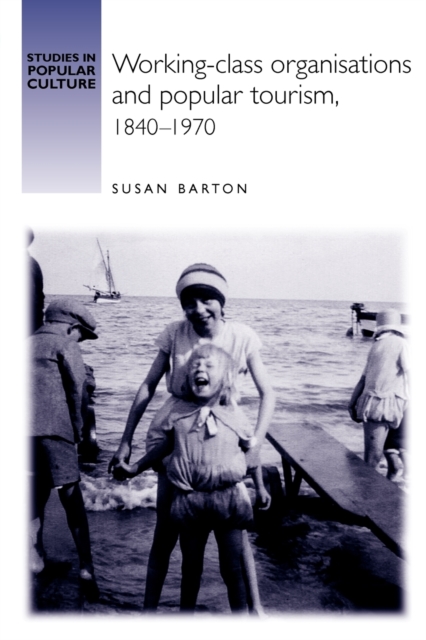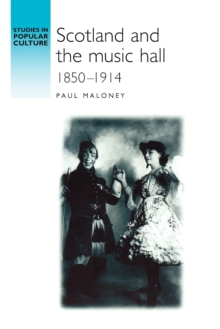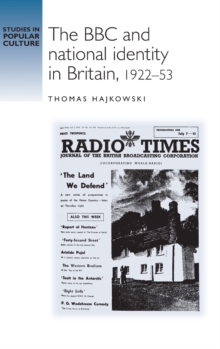
Working-Class Organisations and Popular Tourism, 1840-1970 Paperback / softback
by Susan Barton
Part of the Studies in Popular Culture series
Paperback / softback
Description
Today, many people take the idea of holidays for granted and regard the provision of paid time off as a right.
This book argues that popular tourism has its roots in collective organisation and charts the development of the working class holiday over two centuries.
Starting with the cult of St. Monday, the problem of absenteeism of northern textile workers during Wakes Week, and ending with the cheap foreign package holiday of the late twentieth century, this study recounts how short, unpaid and often unauthorised periods of leave from work became organised and legitimised through legislation, culminating with the Holidays with Pay Act of 1938.
Moreover, this study finds that it was through collective activity by workers - through savings clubs, friendly societies and union activity - that the working class were originally able to take holidays, and it was as a result of collective bargaining and campaigning that paid holidays were eventually secured for all.
This fascinating study will be of use to students and scholars of social history, travel and tourism and labour studies. -- .
Information
-
Available to Order - This title is available to order, with delivery expected within 2 weeks
- Format:Paperback / softback
- Pages:256 pages, Illustrations, black & white
- Publisher:Manchester University Press
- Publication Date:01/04/2011
- Category:
- ISBN:9780719065910
Other Formats
- Hardback from £66.09
Information
-
Available to Order - This title is available to order, with delivery expected within 2 weeks
- Format:Paperback / softback
- Pages:256 pages, Illustrations, black & white
- Publisher:Manchester University Press
- Publication Date:01/04/2011
- Category:
- ISBN:9780719065910










